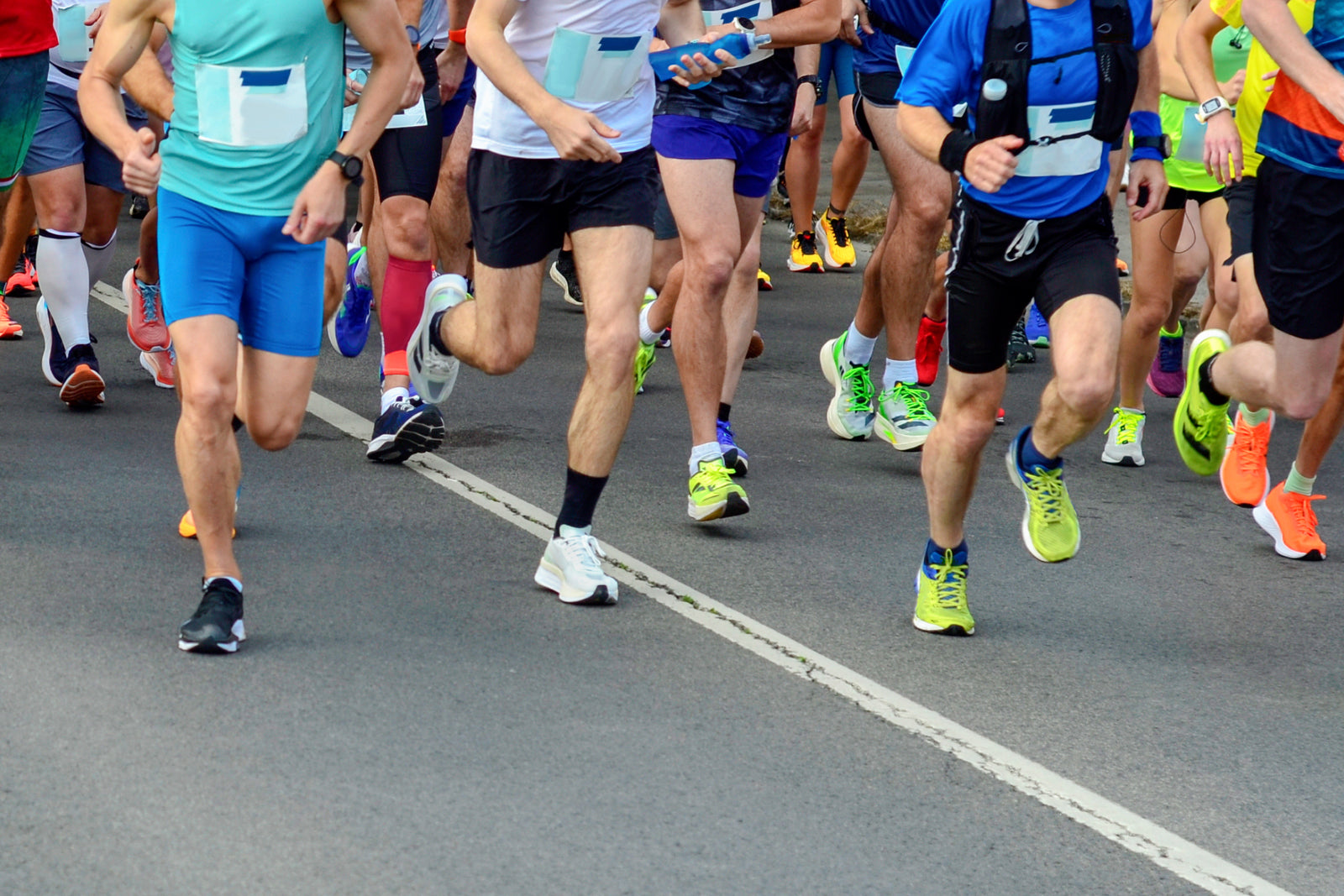ADRB2 and Cardiac Output: What Your Genotype Means for Heart Performance
Cardiac output is the amount of blood the heart pumps each minute. It is a key driver of oxygen and nutrient delivery to muscles and organs, especially during exercise. The ADRB2 gene helps control how your heart and blood vessels respond to adrenaline and other stress signals. Variations in ADRB2 can change how strongly those signals work, which may affect how well your heart adapts to exertion and stress.
This article explains how common variants of the ADRB2 rs1042713 single nucleotide polymorphism can influence cardiac output and exercise adaptation. It also provides practical, evidence-informed strategies for diet, supplements, and lifestyle that support healthy heart function. PlexusDx does not provide medical advice. Always consult your healthcare provider before making changes to medications, supplements, or major lifestyle routines.
How ADRB2 Affects Heart Function
- ADRB2 encodes the beta-2 adrenergic receptor, a protein on heart and blood vessel cells that responds to adrenaline and noradrenaline.
- When activated, this receptor can increase heart rate, improve blood flow to skeletal muscle, and modify how the heart pumps blood during stress or exercise.
- Differences in ADRB2 may change receptor function or expression, subtly altering cardiac output at rest and during activity.
Practical Implications
Regardless of genotype, you can support healthy cardiac output by focusing on regular aerobic fitness, balanced nutrition, stress management, sleep, and avoiding excessive stimulants. Below are targeted suggestions that complement your genetic background.
Recommendations to Support Cardiac Output
Exercise
- Aim for at least 150 minutes per week of moderate aerobic activity or 75 minutes of vigorous activity, plus two strength sessions weekly.
- Include steady-state cardio like brisk walking, cycling, or swimming to build endurance and improve stroke volume and cardiac output.
- Add interval training once or twice weekly to boost cardiovascular efficiency. Start gently and increase intensity under the guidance of your healthcare provider if needed.
Nutrition
- Prioritize a diet rich in vegetables, fruits, whole grains, lean proteins, and healthy fats.
- Include omega-3 rich foods such as fatty fish, walnuts, and flaxseed to support vascular health and reduce inflammation.
- Choose antioxidant rich foods like berries, leafy greens, and colorful vegetables to protect cardiovascular tissues from oxidative stress.
- Limit excessive sodium and highly processed foods to support healthy blood pressure and heart workload.
Hydration and Stimulants
- Maintain regular hydration before, during, and after exercise to support blood volume and cardiac output.
- Avoid excessive caffeine, energy drinks, or stimulants that can provoke rapid heart rate or irregular responses, especially if you have known heart conditions or sensitivity.
Sleep and Stress Management
- Aim for 7 to 9 hours of quality sleep per night. Poor sleep can raise resting heart rate and reduce recovery capacity.
- Use relaxation practices such as deep breathing, meditation, yoga, or progressive muscle relaxation to temper adrenergic activation and support steady cardiovascular responses.
Supplements to Consider
Talk with your healthcare provider before starting supplements, especially if you take medications or have medical conditions.
- Omega-3 fatty acids (EPA/DHA) to support vascular function and reduce inflammation.
- Magnesium to support normal muscle and nerve function, including the heart.
- Coenzyme Q10 for cellular energy support in cardiac tissue, particularly if you are on statin therapy.
- Potassium-rich foods or supplements if advised by your clinician, to help maintain healthy blood pressure and heart rhythm.
Genetic Interpretation: rs1042713 (ADRB2)
2 effect alleles (GG)
You have two copies of the effect allele at rs1042713 (genotype GG). This variant is associated with an enhanced cardiac output response at rest and during exercise. Your heart may pump a greater volume of blood per minute when exercising, which can support improved oxygen and nutrient delivery to muscles and organs. This genetic profile may be advantageous for endurance performance and efficient cardiovascular adaptation.
What this means for you
- You may see stronger aerobic performance and faster recovery of blood flow during exercise.
- Focus on progressive endurance training to maximize the advantage and maintain balanced strength work to prevent overuse injuries.
- Pay attention to hydration and avoid excessive stimulants that might exaggerate adrenergic responses.
1 effect allele (AG)
You carry one copy of the effect allele at rs1042713 (genotype AG). Your cardiac response to adrenaline and exercise tends to be intermediate between the two homozygous states. You may have a moderate capacity for increasing cardiac output with training and stress.
What this means for you
- Consistent aerobic training can help improve cardiovascular efficiency and oxygen delivery.
- Balance endurance sessions with strength and mobility work to build overall performance and reduce injury risk.
- Implement stress reduction and sleep optimization to support recovery and steady heart responses.
0 effect alleles (AA)
You have two copies of the non-effect allele at rs1042713 (genotype AA). This profile is associated with average cardiac output characteristics. Your heart function during rest and exercise likely falls within the typical population range.
What this means for you
- Standard evidence-based approaches to cardiovascular fitness are effective: regular aerobic exercise, progressive training, and good recovery practices.
- Focus on a heart healthy diet rich in omega-3s and antioxidants and maintain consistent sleep and stress management routines.
- Monitor exercise intensity and consult a clinician before beginning high intensity or competitive training if you have underlying cardiac risks.
When to Talk with Your Healthcare Provider
- If you experience unexplained chest pain, dizziness, fainting, irregular heartbeat, or shortness of breath during activity.
- If you have a personal or family history of heart disease, arrhythmia, or high blood pressure.
- Before starting high intensity training, competitive sports, or new supplements, especially if you take prescription medications.
PlexusDx provides educational information about genetic predispositions. This information is not medical advice. Always consult your healthcare provider to interpret genetic results in the context of your health history and to make personalized medical decisions.

Share:
Endurance | ACTN3 (rs1815739)
Aerobic Capacity | VEGF-A (rs2010963)